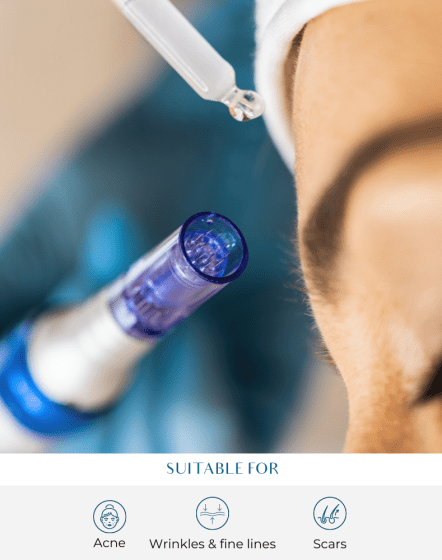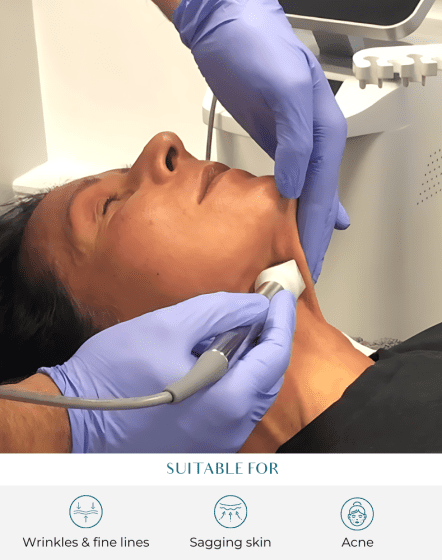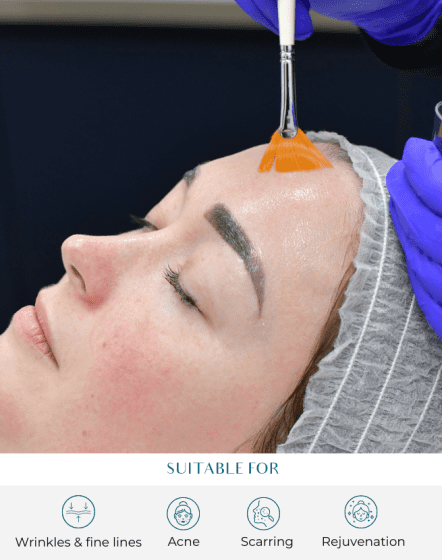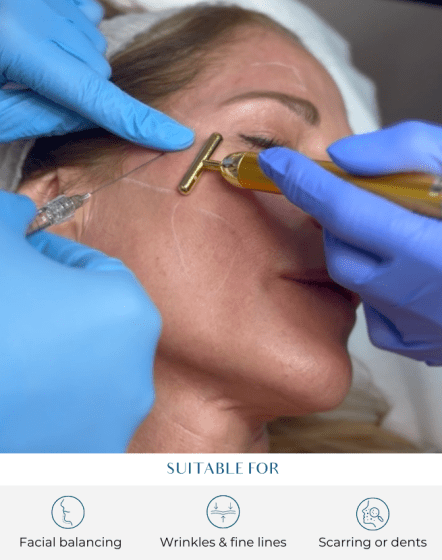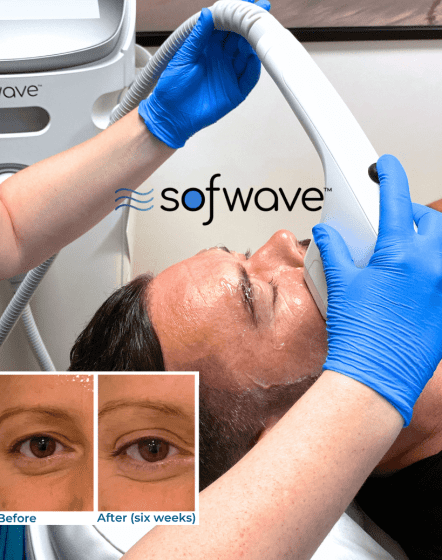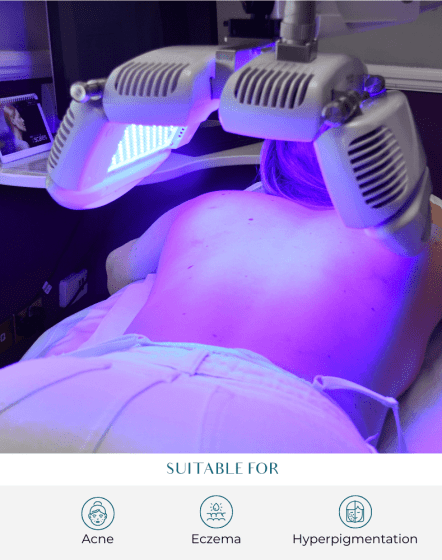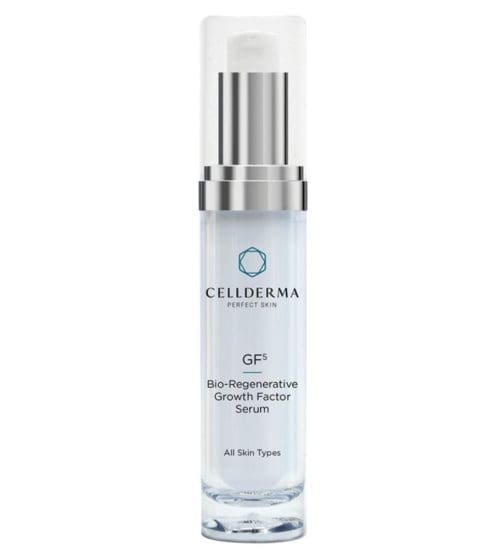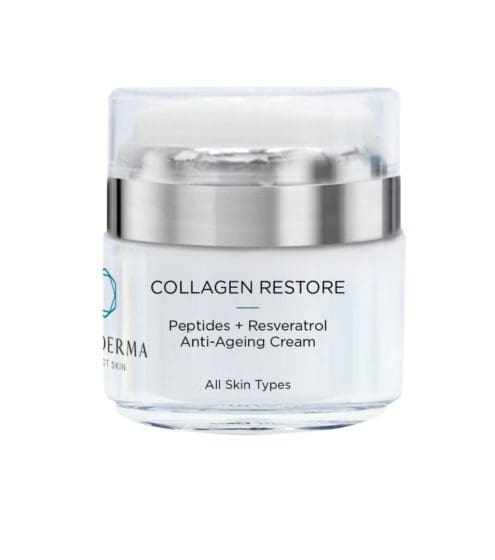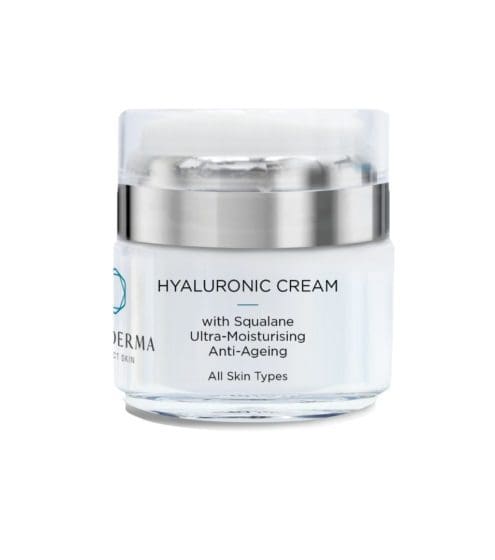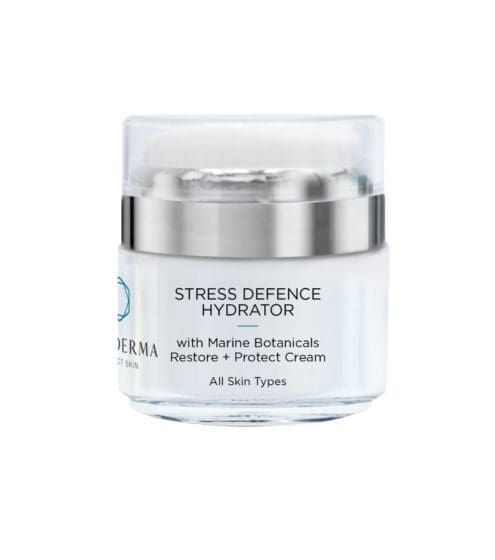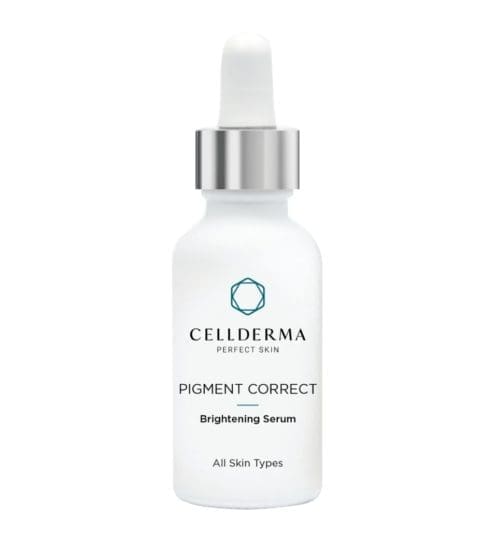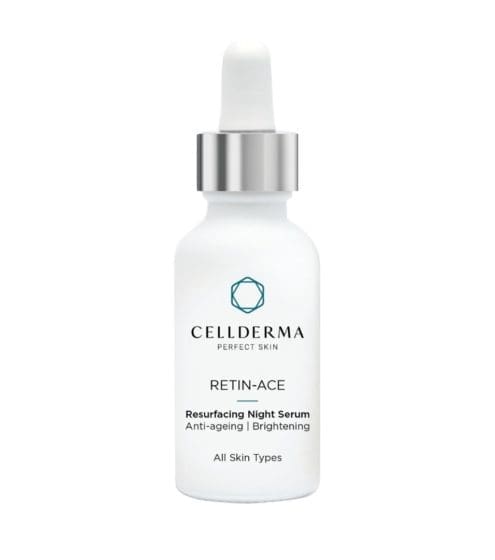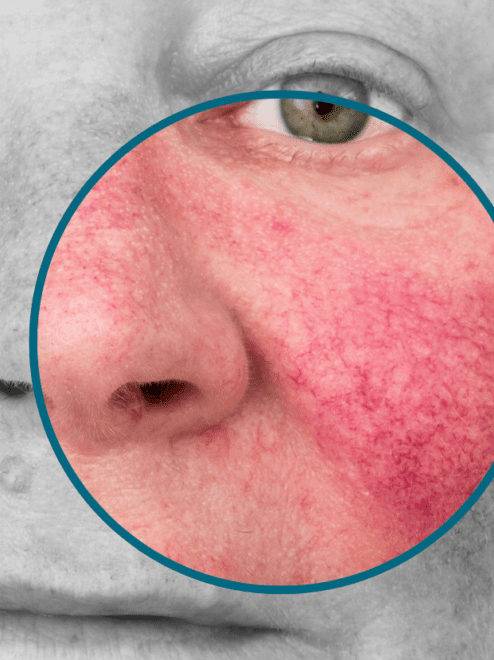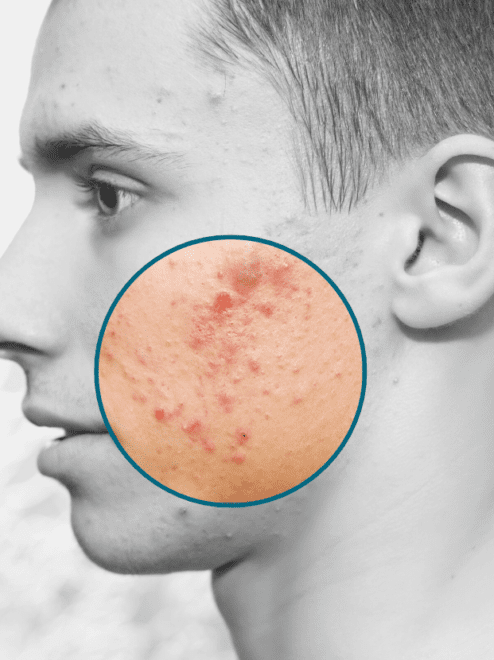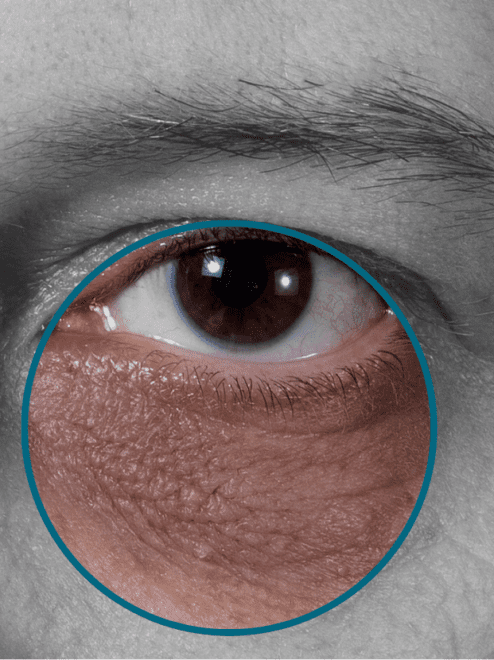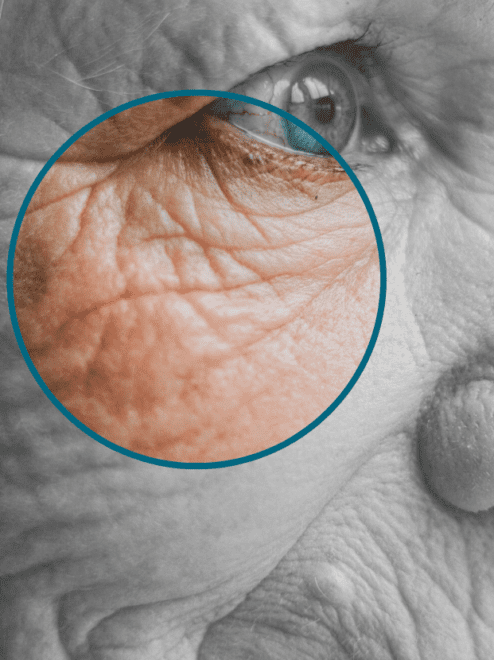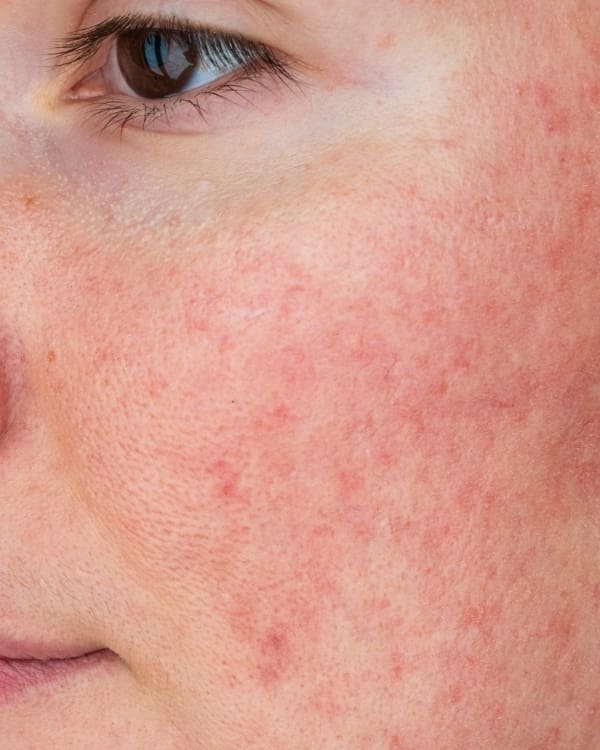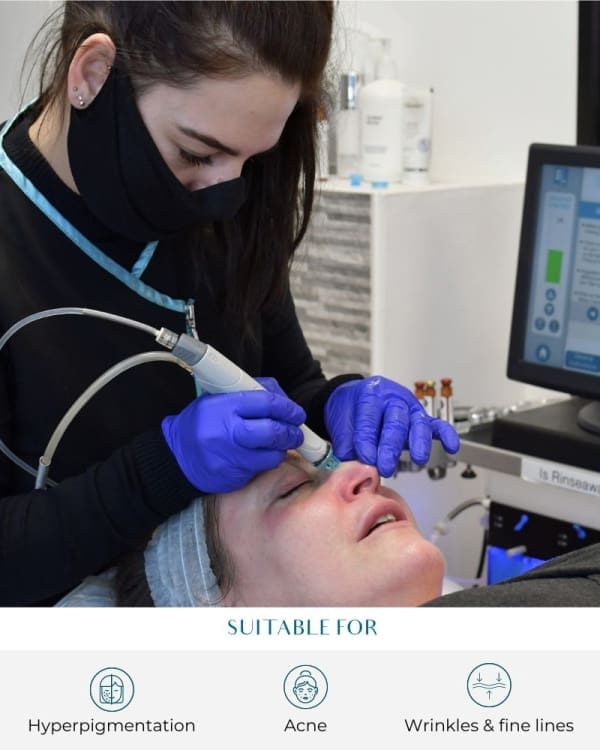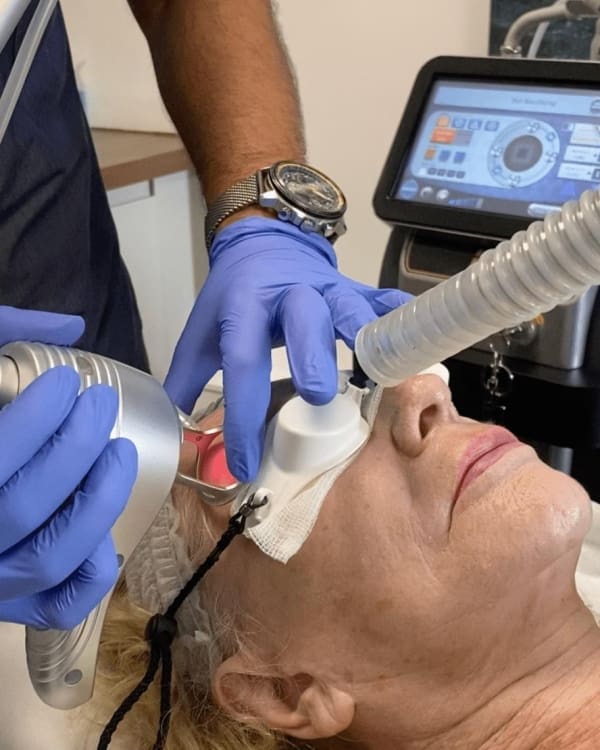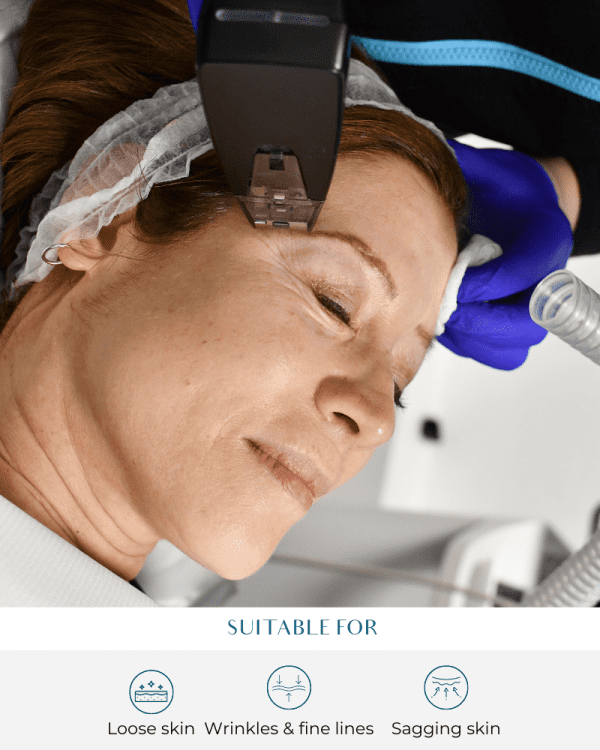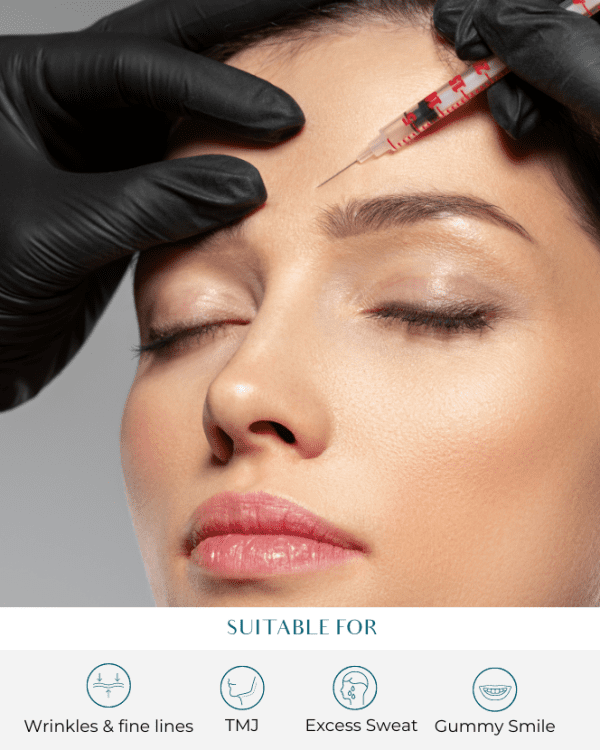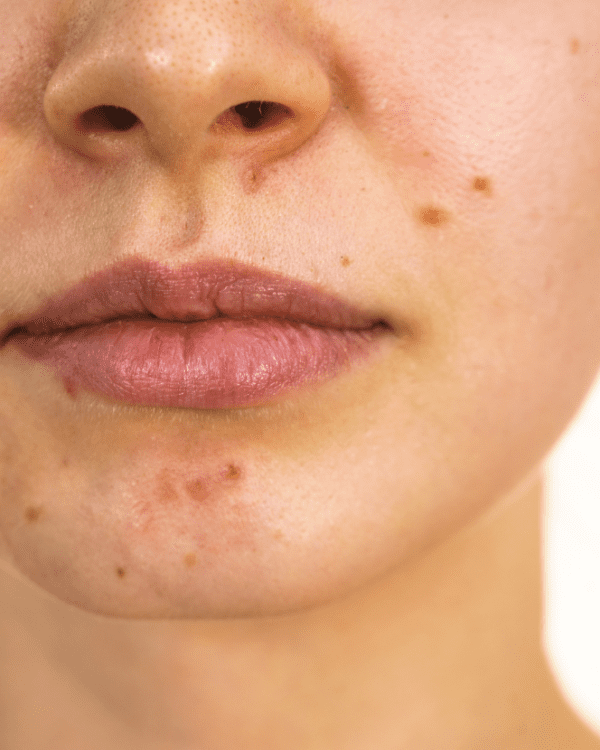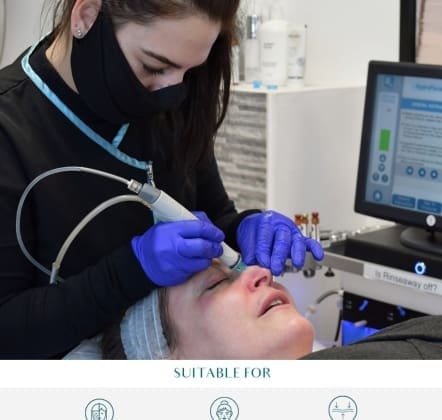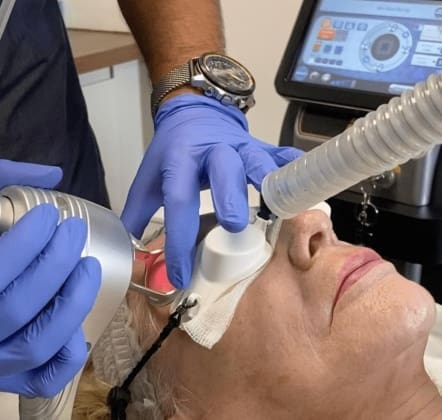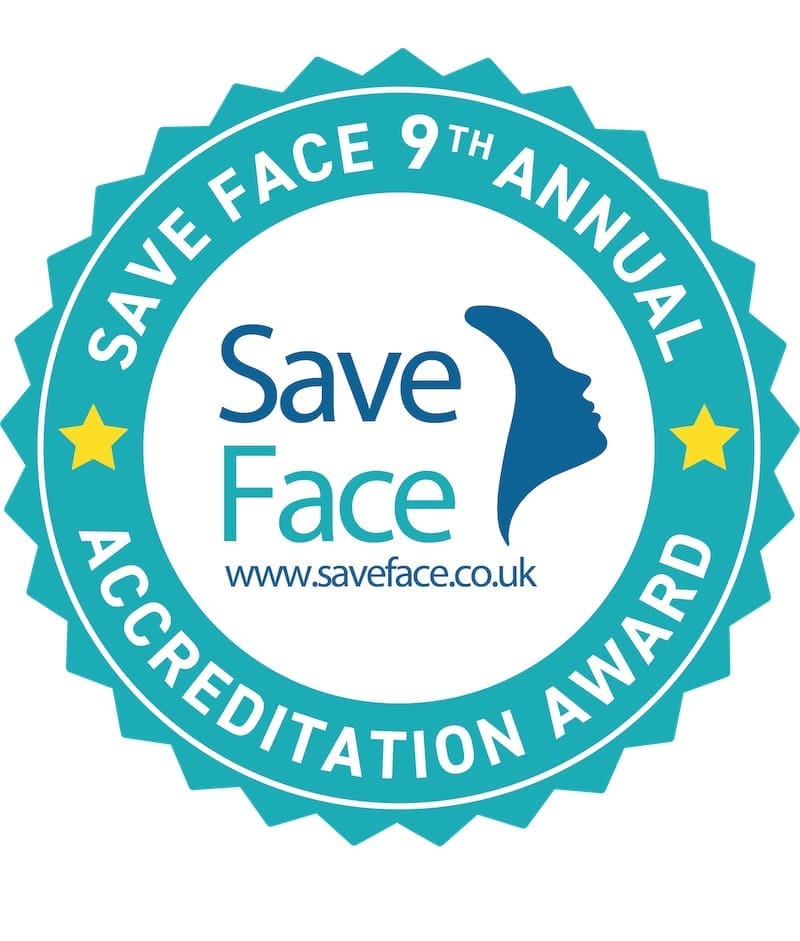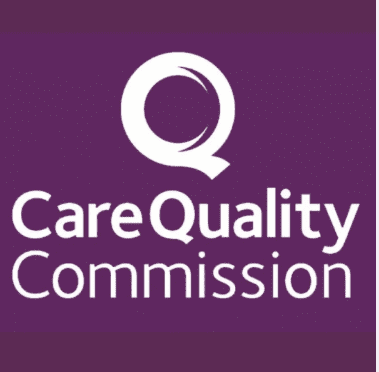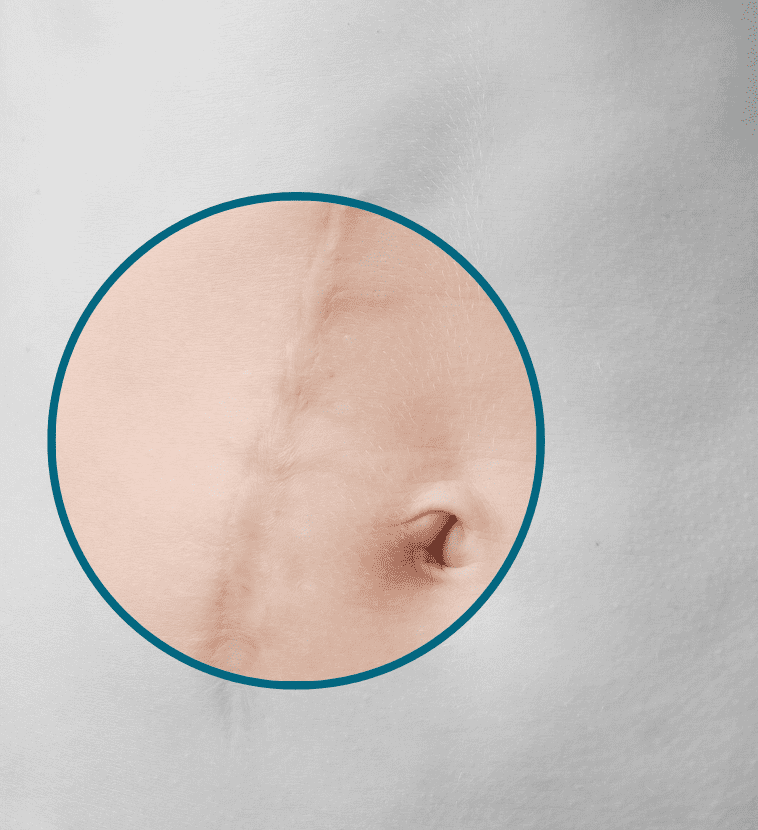

skin Condition
Scarring
A scar can be a fine line or a pitted hole on the skin, or an abnormal overgrowth of tissue, commonly caused by acne, chicken pox and trauma scarring of the skin leaves a permanent cosmetic disturbance which can also have a significant psychological impact.
We aim to explain to you the array of options available to treat your scarring, whilst ensuring we give you a realistic view of likely outcomes.
Treatments for Scarring Portsmouth
Scarring, whether from acne, injury, or surgery, can be a persistent concern for many individuals. Fortunately, there are several effective treatments available that can significantly reduce the appearance of scars and improve skin texture. Here are some of the most effective treatments for scarring:
- Laser Resurfacing: This treatment uses fractional laser technology to remove the top layers of scar tissue and stimulate collagen production in the deeper layers of the skin. It is particularly effective for deep ice pick scars and atrophic acne scars, helping to smooth the surrounding skin and reduce scar visibility.
- Chemical Peels: By applying acid-based solutions such as salicylic acid, lactic acid, or alpha hydroxy acids (AHAs), chemical peels remove dead skin cells and promote new skin growth. They can improve skin tone and texture, with deeper peels being particularly effective for reducing boxcar and rolling acne scars. However, individuals with darker skin tones should use caution to avoid pigmentation changes.
- Microneedling: Also known as skin needling, this treatment involves using fine needles to create tiny punctures in the skin. This process stimulates collagen production and is effective for treating atrophic acne scars. Microneedling can be enhanced with radiofrequency or platelet-rich plasma (PRP) for improved results.
- Dermal Fillers: For sunken scars like boxcar and rolling scars, hyaluronic acid-based dermal fillers can fill in depressions and improve skin smoothness. These fillers provide temporary results lasting between 6 to 18 months but offer immediate improvements in appearance.
- Topical Treatments: Retinoids such as retinol and tretinoin are commonly used to increase cell turnover and improve the appearance of new acne scars. They also help prevent future breakouts, reducing the likelihood of new scar formation. Combining these with salicylic or lactic acid can enhance their effectiveness.
Addressing scarring effectively requires a tailored approach based on individual skin types and scar characteristics. Consulting with our expert doctors and aestheticians is crucial to determining the most appropriate treatment plan for achieving smoother, clearer skin.

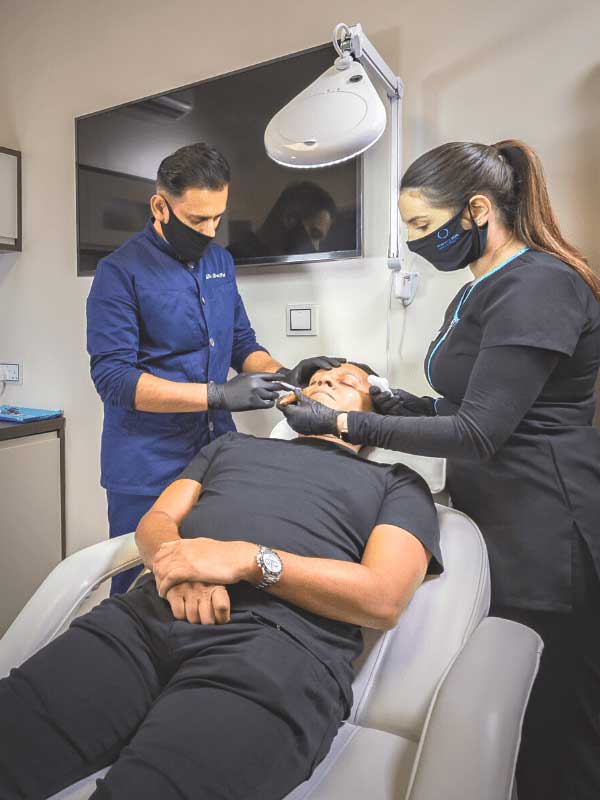

Why have your Scarring treated at Perfect Skin Solutions?
Dr Dev Patel has a special interest in scar treatment and has developed his own protocols built on personal clinical experience and the teachings of some of the world’s foremost experts in this area.
Our clinic has various evidence-based options including energy-based devices (laser, radio-frequency), micro-needling and bioregenerative technology (stem cells/growth factors plus much more).
Often, a combination of treatment options is required to get the best possible result. As an industry-leading clinic in this area, we will ensure you get the best advice and a customised treatment plan.
Get in contact













